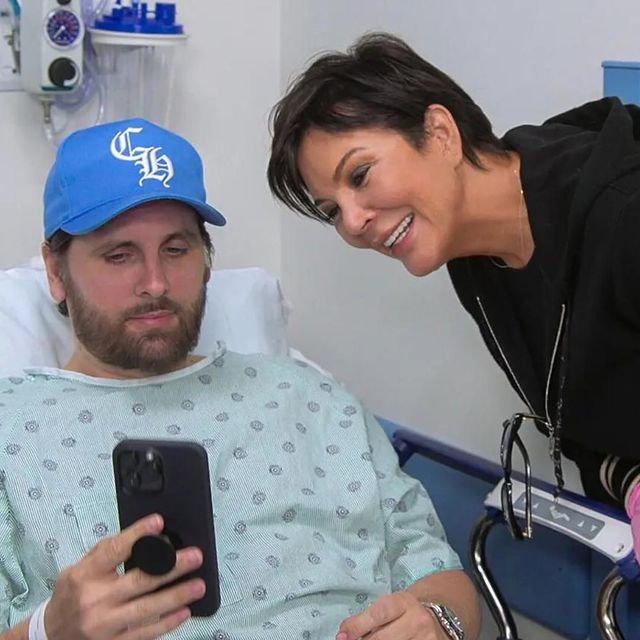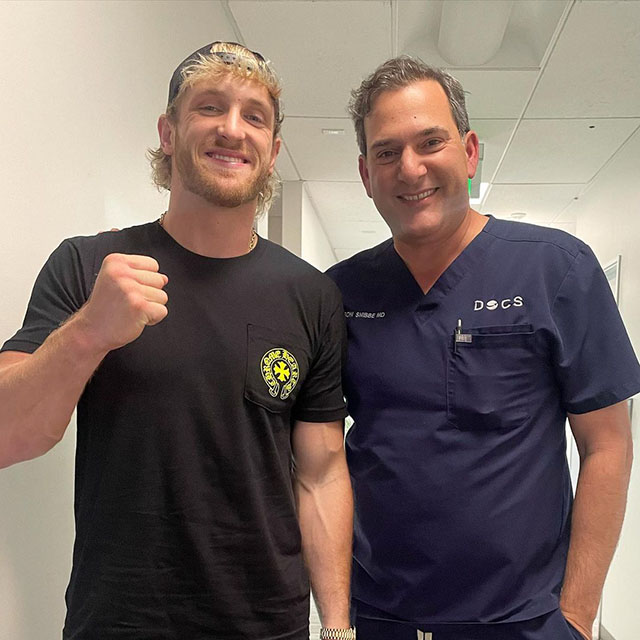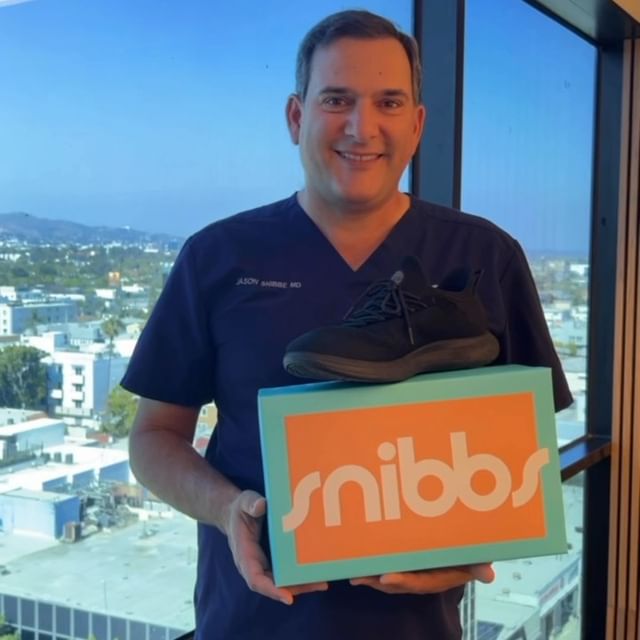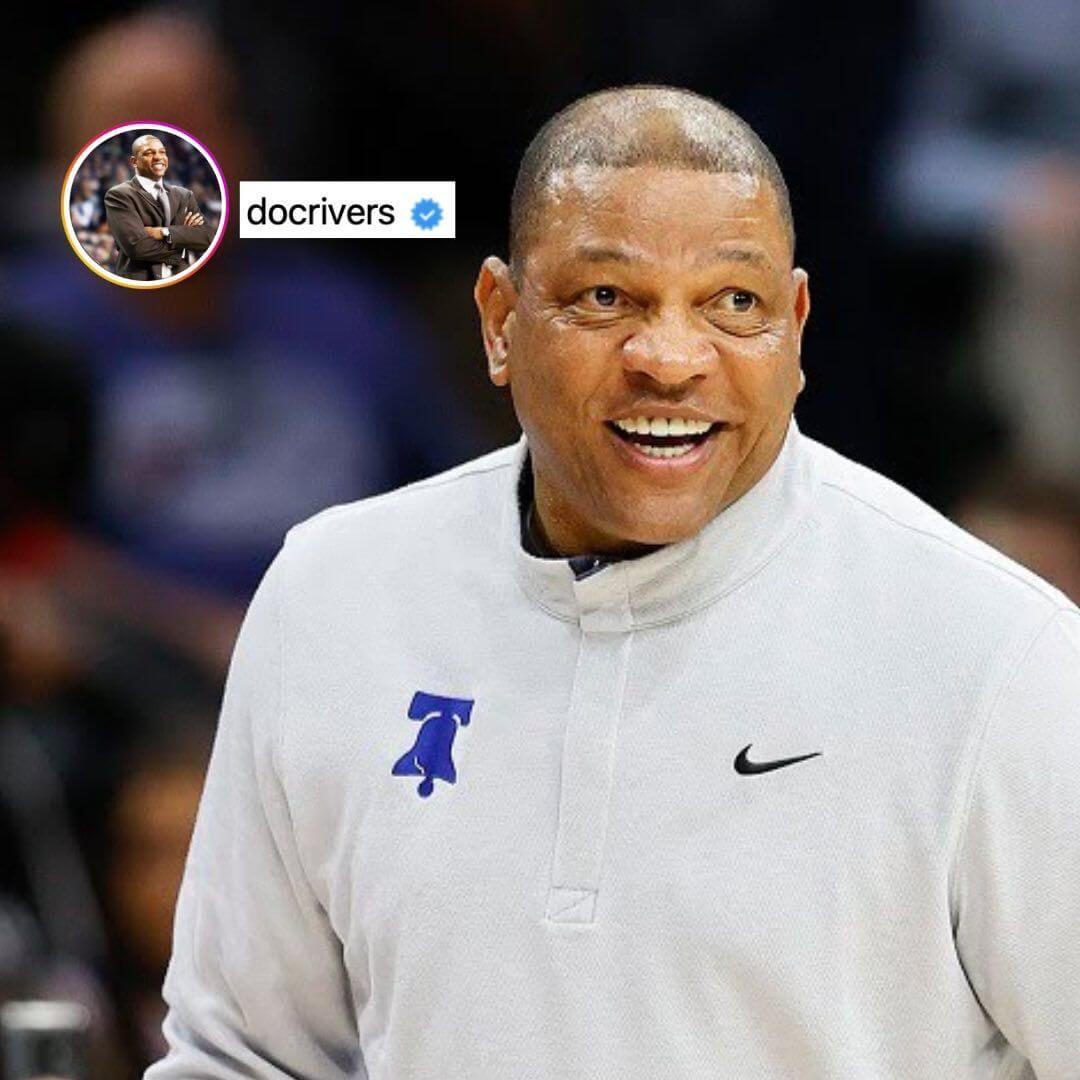Achilles Tendonitis Treatment
in Los Angeles, CA
Achilles tendonitis, a debilitating condition characterized by inflammation of the Achilles tendon, can be a source of discomfort and interfere with daily activities. Fortunately, various treatment options are available to alleviate symptoms, promote healing, and restore functionality.
Before considering treatment options, it’s crucial to understand the cause and extent of your Achilles tendonitis. This condition commonly results from overuse, improper footwear, or sudden increases in physical activity.
In Achilles tendonitis, the Achilles tendon, which connects the calf muscles to the heel bone, becomes inflamed, leading to pain, swelling, and potential stiffness. When symptoms are not addressed early, Achilles tendonitis can progress, and the tendon may even rupture, requiring surgery.
Snibbe Orthopedics in Los Angeles provides high-quality surgical procedures and non-surgical treatments with compassion. Our Achilles tendonitis treatment options are designed to alleviate pain and restore function.

Are You a Candidate for Achilles Tendonitis Treatment?
If you are experiencing persistent pain and swelling in your calves or difficulty walking, you should consider seeking treatment.
- Consultation: The first step in regaining stability and comfort is your consultation with Dr. Snibbe. He will review your medical history, ask about your symptoms, perform a thorough medical evaluation, and order imaging to determine your candidacy for treatment.
- His assessment will include an examination of your leg, focusing on the strength, stability, and pain levels in your calves and heels with certain movements and when bearing weight.
- X-rays may be ordered to check for changes associated with your symptoms.
- Magnetic resonance imaging (MRI) will provide detailed images and additional information about the cause of your pain, swelling, or reduced mobility.
Candidates should also be ready to comply with instructions for therapy and rehabilitation.
Benefits of Achilles Tendonitis Treatment
- Pain relief: Treatment aims to alleviate pain, allowing individuals to resume daily activities without discomfort.
- Improved function: Strengthening exercises and targeted therapies enhance the function and flexibility of the Achilles tendon.
- Prevention of complications: Timely treatment can prevent the progression of Achilles tendonitis and reduce the risk of complications such as tendon tears.
To arrange for your Los Angeles Achilles tendonitis consultation, call Dr. Snibbe’s office at (310) 860-3048.
What Is Involved in Achilles Tendonitis Treatment?
Available Treatment Options for Achilles Tendonitis
Conservative approaches in treating Achilles tendonitis include the following:
- Rest and ice: Initial treatment often involves rest and applying ice to reduce inflammation.
- Physical therapy: Targeted exercises can strengthen the Achilles tendon and improve flexibility.
- Orthotic devices: Custom orthotic inserts in footwear can provide additional support and alleviate strain.
- Medications: Nonsteroidal anti-inflammatory drugs (NSAIDs) may be prescribed to manage pain and inflammation.
Advanced treatment options may include:
- Shockwave therapy: High-energy shockwaves stimulate healing and reduce inflammation.
- Platelet-rich plasma (PRP) Therapy: Concentrated platelets from the patient’s blood are injected to promote tissue regeneration.
Surgery for Achilles Tendonitis
If nonsurgical approaches fail to improve symptoms, surgery may be necessary to repair the tendon. After assessing your needs, Dr. Snibbe will recommend the best procedure and technique to use based on the extent of the injury, your age, activity level, and other factors.
Recovery from Achilles Tendonitis Treatment
The recovery experience after non-surgical and surgical treatment for Achilles tendon is different for everyone. When conservative measures are used, there is usually little to no downtime. However, you may be advised to rest initially and receive further physical therapy (PT) later. If you have not had any PT, Dr. Snibbe will recommend you start the process if necessary.
After surgery for Achilles tendonitis, you will be instructed to follow these steps to help ensure satisfying and long-lasting results:
Rest and Rehabilitation
Adequate rest and committing to your prescribed exercises (as part of physical therapy) are crucial for a successful recovery. You will gradually resume your daily activities under the direction of Dr. Snibbe.
Follow-Up Appointments
Regular follow-up appointments allow Dr. Snibbe to monitor your progress, make the necessary adjustments, and provide additional guidance.
Orthotic Devices
Continued or initial use of orthotic devices, such as supportive footwear or inserts, may be recommended to prevent recurrence.
What Results Can I Expect After Achilles Tendonitis Treatment?
The purpose of treatment for Achilles tendonitis is to alleviate discomfort and increase mobility.
Pain Relief
You can typically look forward to a significant reduction in pain with the appropriate treatment.
Improved Function
Strengthening exercises contribute to improved functionality and flexibility of the Achilles tendon.
Maintaining Results With Preventive Measures
Continued adherence to preventive methods, including proper footwear and exercises, can minimize the risk of future flare-ups.
How Much Does Treatment for Achilles Tendonitis Cost?
Achilles tendonitis treatment costs are based on the extent of your condition, the techniques used to correct it, and, if needed, the customized surgical plan. You will be provided with an inclusive cost quote after your consultation.
Your Los Angeles Achilles Tendonitis Treatment Specialists
Dr. Snibbe is now accepting new patients. Individuals with pain in their calves should schedule a consultation to be evaluated for Achilles tendonitis at our Los Angeles office. We also serve Hollywood and the San Fernando Valley.
Those who would like to travel to the Los Angeles, California, area for a higher level of orthopedic care are also invited to contact us. To schedule your Los Angeles Achilles tendonitis consultation, call (310) 860-3048.
Frequently Asked Questions (FAQs)
How long does Achilles tendonitis treatment take to show results?
The timeline varies, but individuals often experience relief within a few weeks to months, depending on the severity of the condition.
Can Achilles tendonitis be treated without surgery?
Many cases of Achilles tendonitis respond well to non-surgical treatments, including rest, physical therapy, and medical interventions.
Is surgery necessary for severe cases of Achilles tendonitis?
Surgery is typically considered when conservative treatments do not provide relief. Surgical options may include tendon repair or debridement.
Can I continue exercising with Achilles tendonitis?
It’s crucial to consult with an orthopedic specialist. In some cases, modifying activities and incorporating specific exercises may be recommended.
Are there any long-term effects of Achilles tendonitis?
With proper treatment and preventive measures, individuals can often achieve long-term relief and minimize the risk of recurrence.
How can I prevent Achilles tendonitis from recurring?
Wearing appropriate footwear, performing stretching exercises, and addressing biomechanical issues contributing to the condition can significantly reduce your risk of recurrence.
Are advanced treatments like shockwave therapy painful?
While discomfort may be experienced during the procedure, anesthesia or numbing agents are often used to minimize pain.
Are treatments like platelet-rich plastma (PRP) injections effective?
Platelet-rich plasma treatment can be extremely effective. This procedure can increase blood flow, heal the tendinosis, and decrease inflammation.
What is PRP treatment like?
The injection of PRP for Achilles tendinitis is typically done under sedation in the surgery center. The area is immobilized for approximately one week in a boot. The patient has an immediate option for limited weight-bearing activities. It takes four to six weeks for improvement of symptoms and three months for full recovery.
Is physical therapy necessary for Achilles tendonitis treatment?
Physical therapy is beneficial for strengthening the Achilles tendon and addressing contributing factors. It plays a crucial role in rehabilitation.
Can I use over-the-counter medications for Achilles tendonitis?
NSAIDs, available over the counter, can be used for pain and inflammation. However, consultation with a healthcare professional is advisable.
Is Achilles tendonitis more common in specific age groups?
While Achilles tendonitis can affect individuals of all ages, it is more commonly seen in active adults, particularly those involved in sports or activities that strain the Achilles tendon.
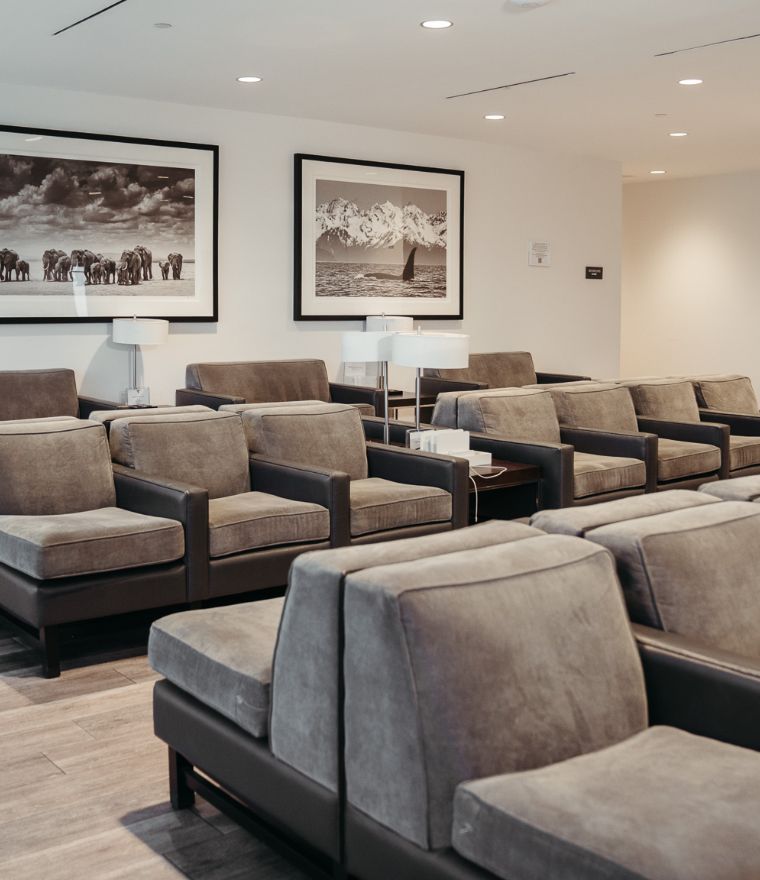
If you have knee pain or reduced function, please call us at (310) 860-3048 to schedule your consultation with Dr. Snibbe.

